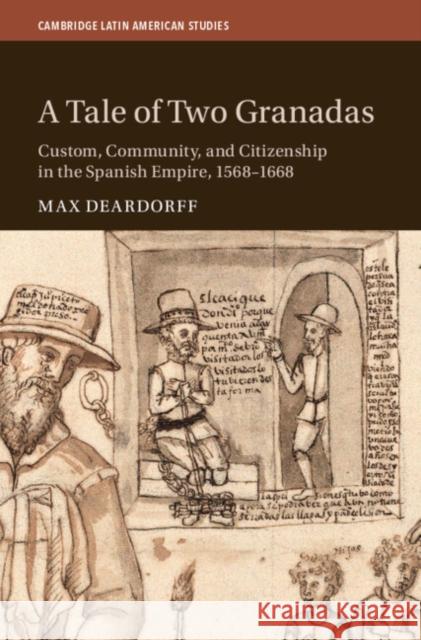A Tale of Two Granadas » książka
topmenu
A Tale of Two Granadas
ISBN-13: 9781009335409 / Twarda / 2023 / 338 str.
A Tale of Two Granadas
ISBN-13: 9781009335409 / Twarda / 2023 / 338 str.
cena 468,41
(netto: 446,10 VAT: 5%)
Najniższa cena z 30 dni: 464,63
(netto: 446,10 VAT: 5%)
Najniższa cena z 30 dni: 464,63
Termin realizacji zamówienia:
ok. 16-18 dni roboczych.
ok. 16-18 dni roboczych.
Darmowa dostawa!
This book examines how race, ethnicity, and religious difference affected the concession of citizenship in the Spanish Empire's territories.











